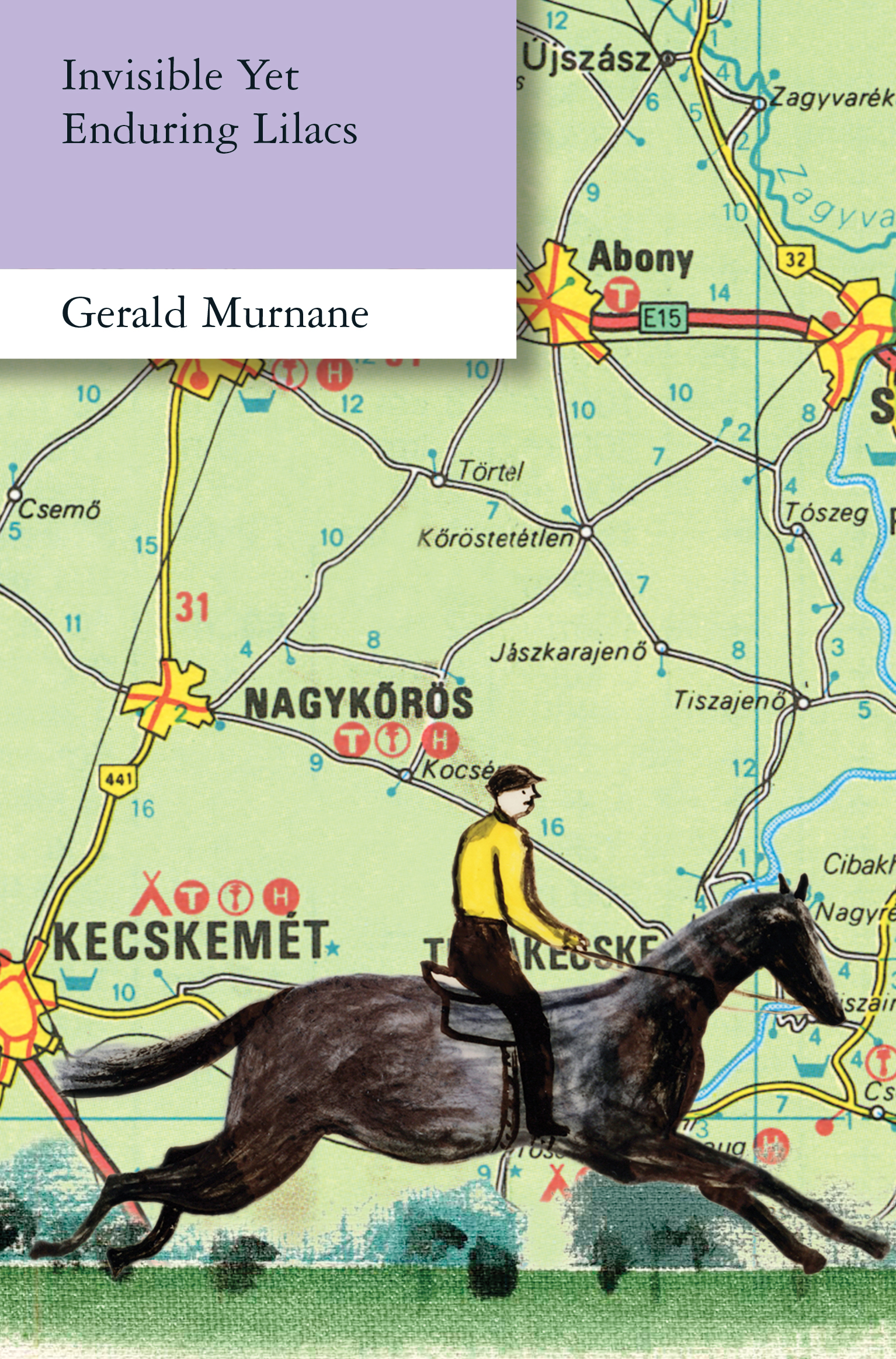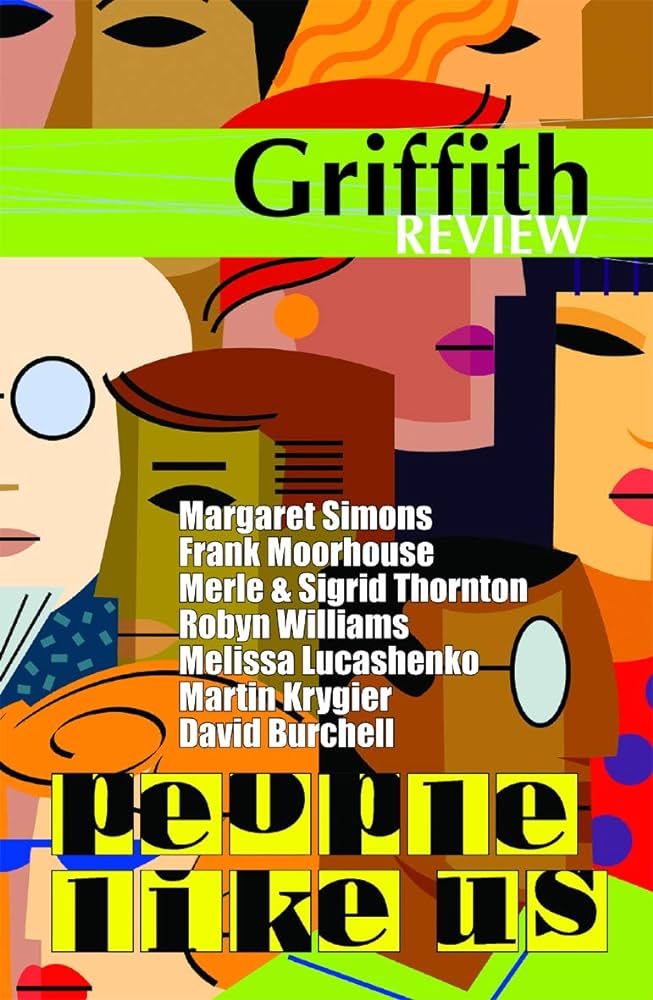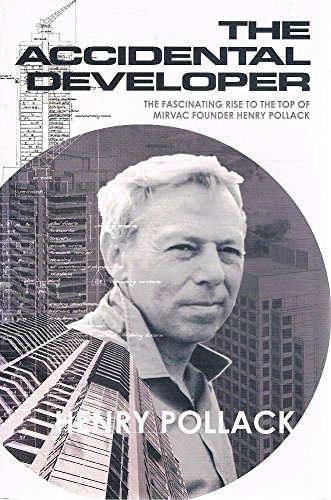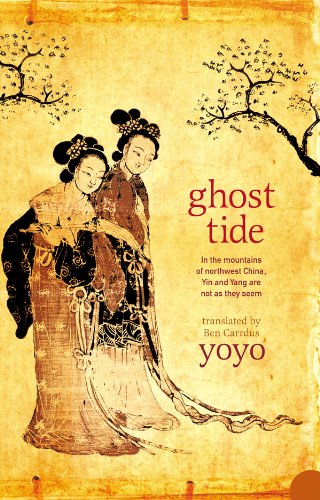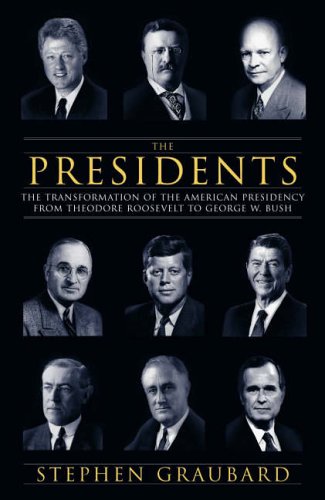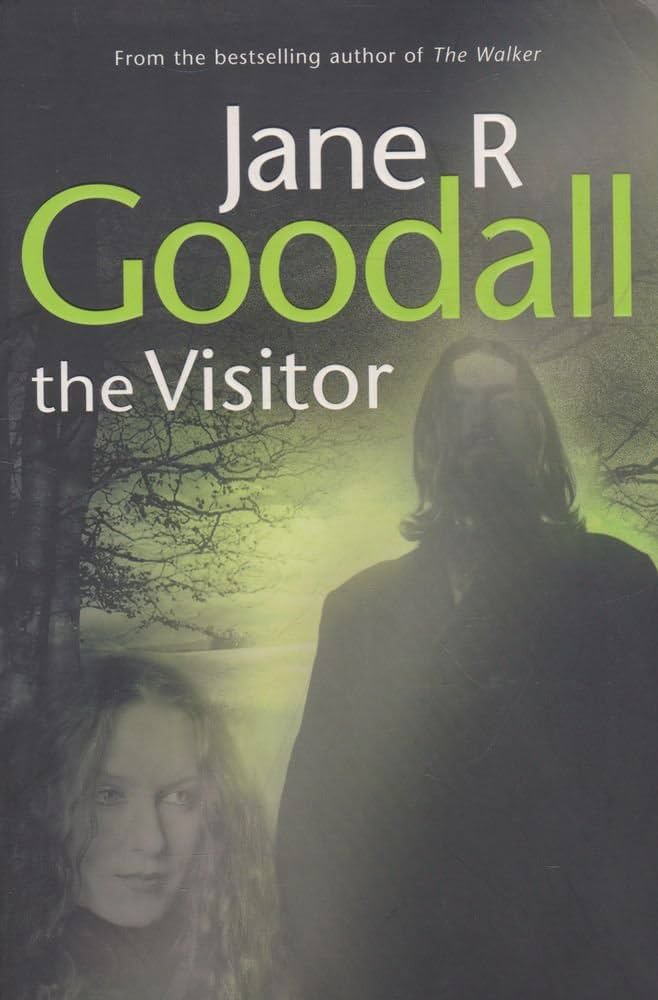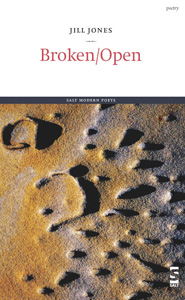Review
Invisible Yet Enduring Lilacs by Gerald Murnane & Literati by James Phelan
by Michelle Griffin •
Does My Head Look Big in This? by Randa Abdel-Fattah & Still Waving by Laurene Kelly
by Anna Ryan-Punch •
Griffith Review 8 edited by Julianne Schultz & Heat 9 edited by Ivor Indyk
by Michael Williams •
The Accidental Developer: The fascinating rise to the top of Mirvac founder Henry Pollack by Henry Pollack
by Morry Schwartz •
The Presidents: The transformation of the presidency from Theodore Roosevelt to George W. Bush by Stephen Graubard
by Peter Haig •
Australia: Nation, belonging, and globalisation by Anthony Moran
by Tim Rowse •

